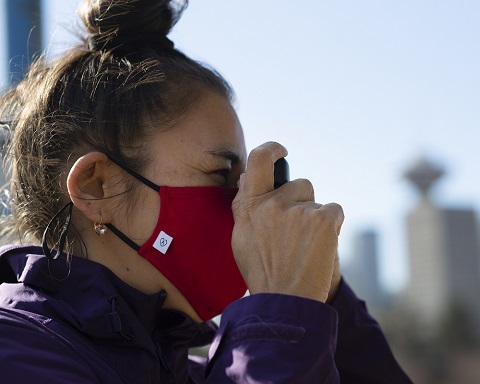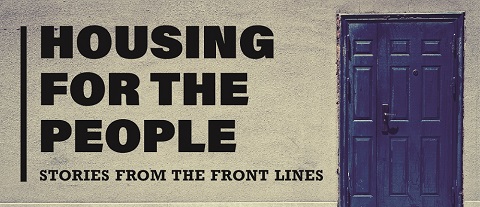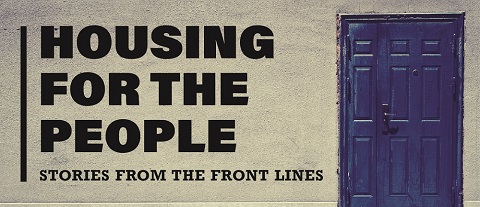By Josée Panet-Raymond
Last month, on 3 January, a L’Itinéraire vendor died suddenly. Stéphane Avard was one of the few L’Itinéraire vendors who was a rough sleeper, spending his nights in the streets of Montréal. He wasn’t interested in staying in a shelter, fearing the proximity to others, bed bugs, violence, rules he thought too restrictive, and having his belongings stolen from him.
Stéphane was a luminous human being. Each one of us, employees and L’Itinéraire vendors alike, had a special bond with him. When Stéphane spoke with someone, he made that person feel important. His gaze was straightforward yet tender. Some days, there was a profound sadness in his eyes. Most days, he was exhausted. The street wreaks havoc on a person over time – Stéphane was only 51 when he died but was already run down by life.
We tried everything to get a roof over Stéphane’s head, even handing him the keys to a room where he could at least stay warm at night. It was no use. Stéphane refused to leave the streets, even though we were there to help him adjust.
I often hear people say that some facing homelessness simply don’t want help, preferring sleeping rough or the like. It’s partly true. Some people – mostly men in Montréal – don’t want to leave the streets. Often, these kinds of comments are a way of shrugging off the problem, like saying that those people have asked for it and are responsible for their predicament. However, before making such snap judgements, it’s important to understand a rough sleeper’s perspective.
![L'Itinéraire vendor Stéphane Avard. [Credit: Justine Latour]](https://hub.insp.ngo/wp-content/uploads/2020/02/LIT_Vendor-death_1-1.jpg)
The vast majority – though not all – of people facing homelessness suffer from mental illness, including alcoholism and drug abuse. There are still too many people who believe that addiction falls in the category of a personal defect that could be cured if only the addict showed some willpower to beat their problem. But that’s not how it works. Addictions are diseases, as recognised by the World Health Organisation, and those who suffer from them are not responsible for their condition.
A person who sleeps outside, under a stairway with a makeshift mattress of flattened cardboard boxes and an old sleeping bag when it’s 20 below zero and raining, doesn’t actually do so by choice, even if they may have an alternative. Mental illness or addiction often prevents that person from going to a shelter or seeking a permanent home.
Everybody loved Stéphane. His family came to see us a few times to ask for help to get in contact with him. It was hard on them and heartbreaking to watch.
We are very saddened by Stéphane’s passing; we suffered a true loss. To his family, his brother and sisters and all of us at L’Itinéraire, to his customers who knew him and appreciated him, our sincerest condolences.




















